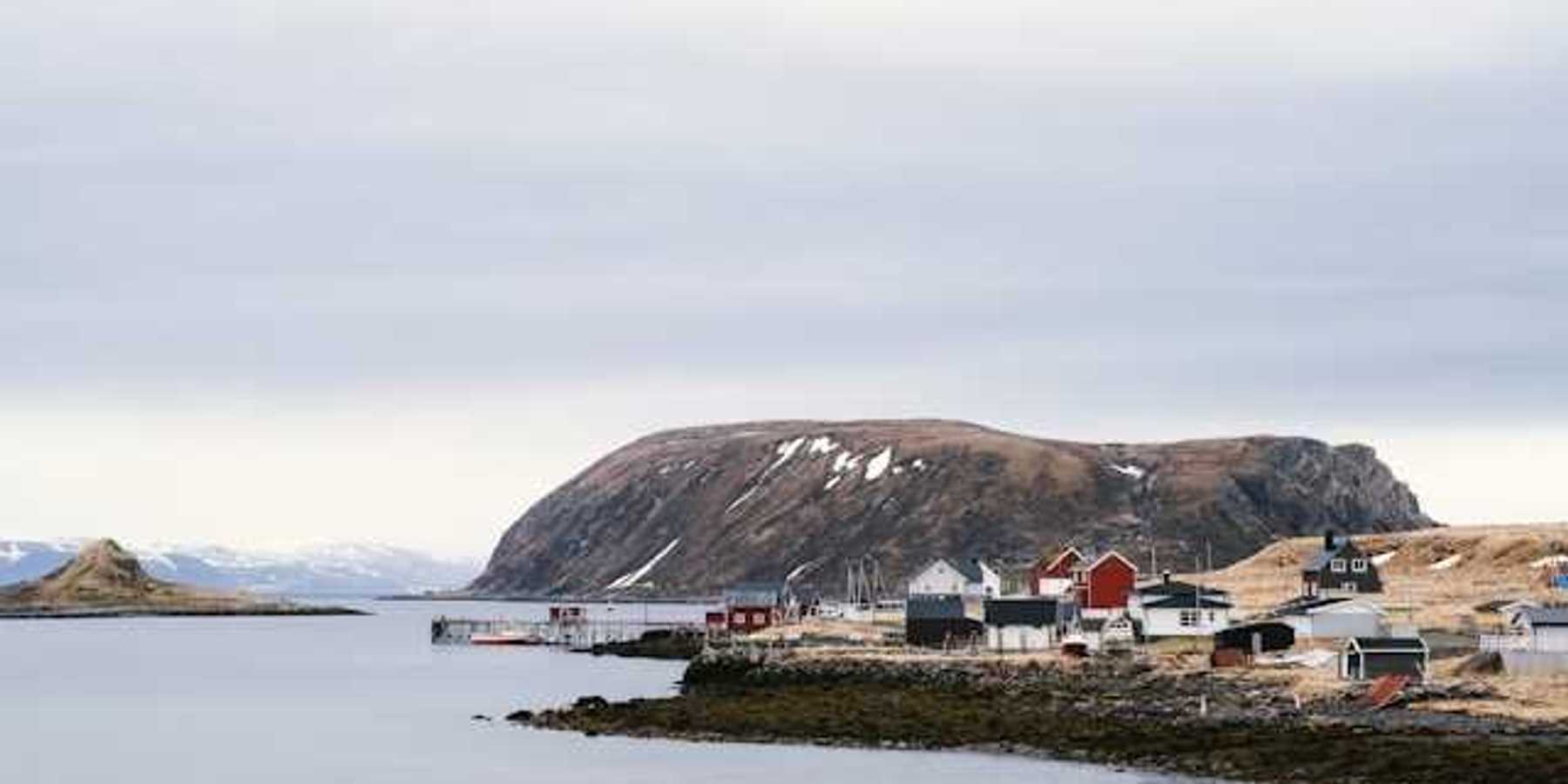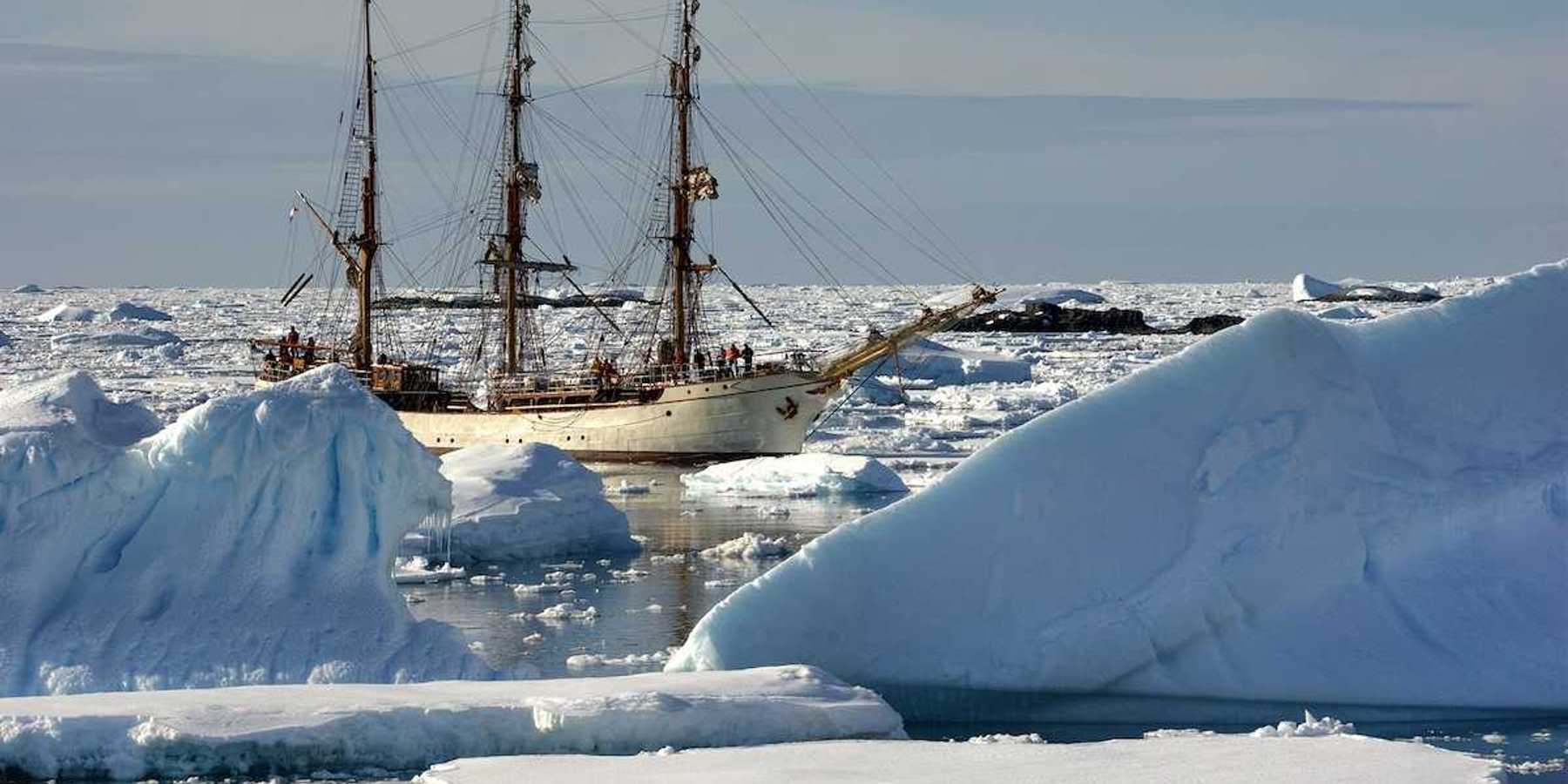Tidal energy turbine in Scotland breaks record for underwater operation
A tidal turbine off the coast of Scotland has operated continuously for more than six years, setting a record that could help unlock new investment in marine energy.
Jennifer McDermott reports for The Associated Press.
In short:
- A turbine at the MeyGen site in northern Scotland has been generating electricity underwater for 6.5 years without unplanned maintenance, demonstrating long-term durability in harsh marine conditions.
- The site includes four turbines generating 1.5 megawatts each, enough to power about 7,000 homes annually, and plans are underway to expand to 130 higher-output turbines.
- Experts say the milestone may ease investor concerns about maintenance challenges, though regulatory hurdles, environmental impacts, and space conflicts still limit wider adoption.
Key quote:
“I think they have checked the boxes. Because skeptics, and that includes investors of course and governments, said, ‘How on Earth are you going to operate these things especially for any length of time in this very tough environment?’ And that’s what I think they proved.”
— Andrea Copping, distinguished faculty fellow, School of Marine and Environmental Affairs at the University of Washington
Why this matters:
Tidal energy offers a steady, predictable source of clean power, unlike wind and solar, which fluctuate with weather. The ocean holds massive untapped energy potential, but converting that energy into electricity at scale has long been a technical and financial challenge. Saltwater corrodes metal, marine debris can jam machinery, and underwater maintenance is expensive. Demonstrating that turbines can last more than six years without disruption is a major step toward scaling the technology.
Related: France’s new tidal turbines aim to power thousands of homes with clean energy













